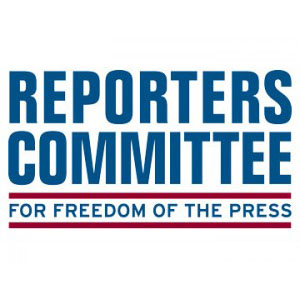 Traditionally, juvenile courts have protected children from lasting stigma and emotional trauma through aggressive secrecy, in contrast to their adult counterparts. But the anonymity provided by the juvenile system is a direct impediment to journalists and others charged with delivering information to the public. But a powerful new tool, published this month by the Reporters’ Committee for Freedom of the Press (RCFP), provides a state-by-state breakdown of access to juvenile courts.
Traditionally, juvenile courts have protected children from lasting stigma and emotional trauma through aggressive secrecy, in contrast to their adult counterparts. But the anonymity provided by the juvenile system is a direct impediment to journalists and others charged with delivering information to the public. But a powerful new tool, published this month by the Reporters’ Committee for Freedom of the Press (RCFP), provides a state-by-state breakdown of access to juvenile courts.
The report, funded by a grant from the McCormick Foundation, appears in the Spring 2012 issue of RCFP’s quarterly publication, The News Media & The Law. Each state is profiled in detail, describing which juvenile proceedings and records are available to the public and which require special permission. An at-a-glance chart highlights the critical privacy laws in each state.
According to the report, “Secret Justice: Access to Juvenile Justice,” public access to information on juvenile crime is typically related to the severity of crime. But the guide helps level the playing field for those who depend on access to the system.
Lucy Dalglish, RCFP’s executive director says the guide is an equally valuable resource for the families of children caught up in the juvenile justice system.
“Your kid gets sucked up into this system and it’s like being on another planet,” she said. “The entire process is a mystery for most families.”
The report, Dalglish said, can help families navigate a complicated and often confusing system.
“It explains who will be there in the court proceedings and what the community is allowed to find out,” she said.
While protecting the privacy of juveniles in the system is important, Dalghlish said, the community benefits from transparency.
“There is a lot that can be told to a community when they are informed about how their juvenile justice system works,” she said. “Everything from what trouble they are getting into to what is driving that.
“It’s important to know what issues kids are facing today,” she added. “It’s important to know what is happening to these kids in juvenile court.”
And many states recognize how important transparency is to the community, Dalglish says.
“Even states that do not allow routine public access sometimes allow the media to cover certain proceedings if they are important to the community,” she said.
Photo by Clay Duda | JJIE.org